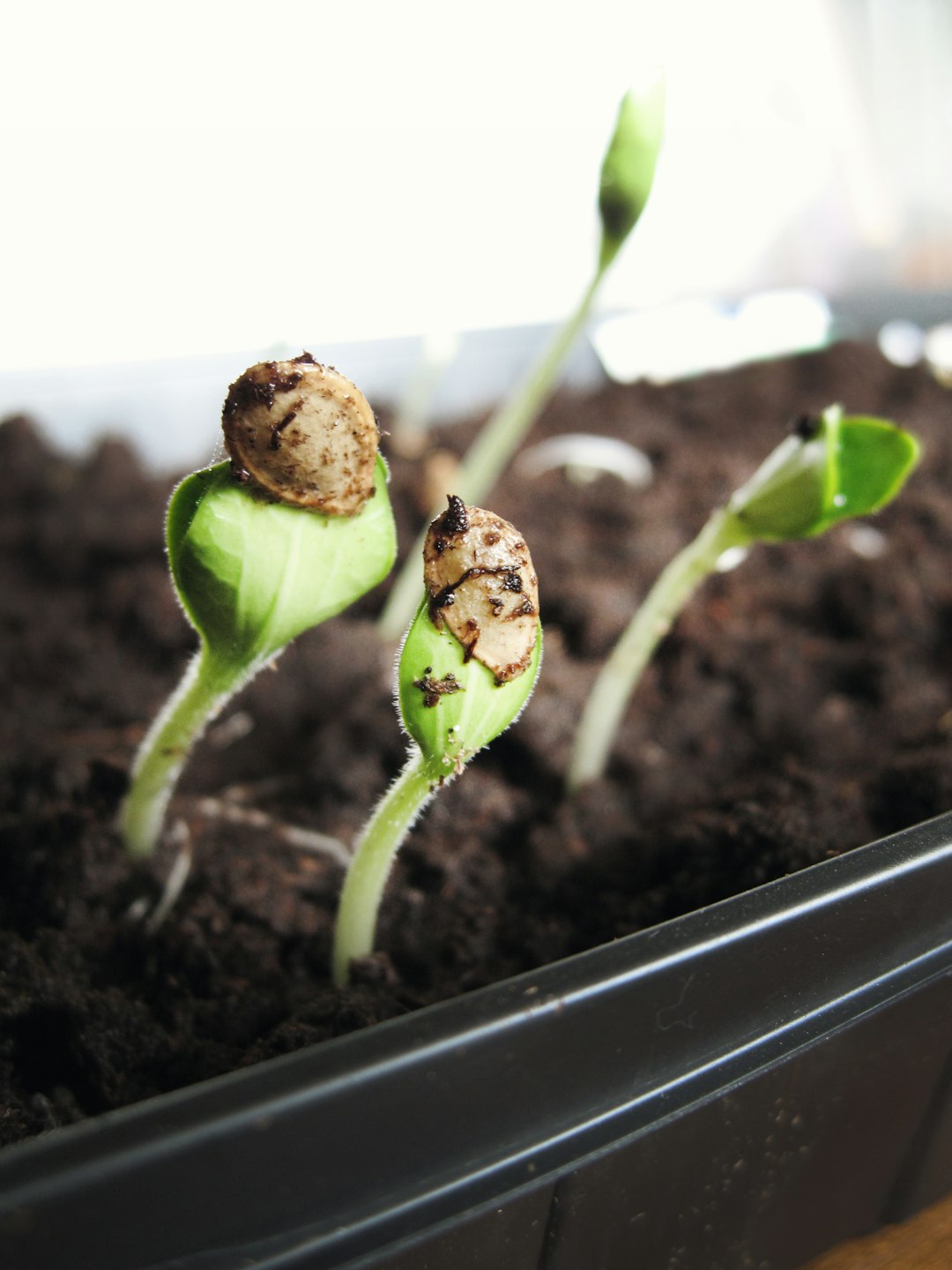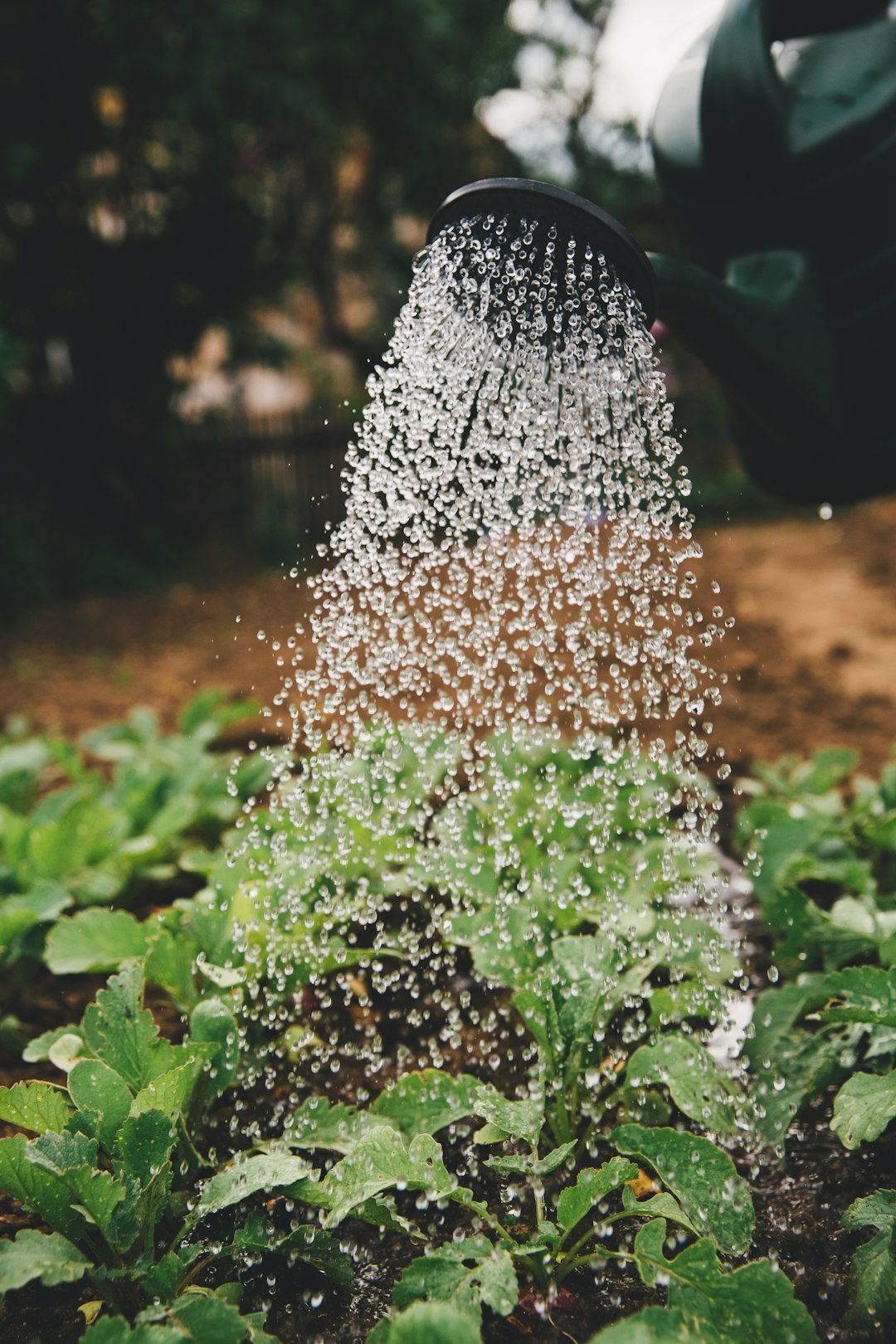I don’t much like the idea of New Year’s—the resolutions or the pressure to HAVE A GOOD TIME or make the day significant in some way. By this time in the holiday season, I’m especially over the make the day important vibe. If I have to think of what to cook for one more special holiday meal, I might throw up.
I also don’t like the linear idea of time that’s inherent in the whole New Year’s mess. Linear time is terrifying. Linear time is capitalist and oppressive. New Year’s becomes a tool to make us anxious about our impending deaths and to buy lots of stuff in response to that anxiety. There’s this ad for one of those special calendars with stickers and tarot cards and bullets on Instagram and every time I see it in my feed, it calls to me. Buy this calendar and you will never be sad or lost again, Robyn! Do I need to point out that no calendar can do that for me? No? Okay. Yet, I have to remind myself of this truth over and over again.
I like to think of time as cyclical instead of linear. The year doesn’t end, it turns, like a wheel. Or rather, you have to turn it. It takes some effort. It’s cooperative. It might involve rituals, but not rituals of consumption or self-improvement. Time isn’t just something that happens to you. You’re participating in it. And the year turns not just once at the end of December, but many times throughout the year.
So this isn’t a New Year’s post, but I did buy myself a set of Thich Nhat Hanh meditation cards recently (the calendar won’t keep me from being sad or lost again, but these cards? Oh, yeah). This week I drew this card, about watering seeds.
“Through the practice of deep looking, we can identify the positive seeds that we want to water every day, and train ourselves not to water the negative ones. This is called “selective watering.” Even a few days of this practice can bring about a transformation.”
Let me say first that I love the gentleness of Thich Nhat Hanh. Even a few days can make a difference, he reassures us. He knows we are weak and a little scared of change. But even the tiniest bit of effort can yield some results, he tells us.

For the last couple of days, when my mind wanders in directions that don’t feel the most helpful, I whisper to myself, “I’m not watering that seed.” There’s no judgement. No feeling like a failure. Just a decision not to encourage those thoughts to grow. I think for a minute about what seeds I’d like to water instead.
There’s nothing revolutionary about what Thich Nhat Hanh is saying here. He’s talking about habits. He’s talking about attention. Of course, it’s good to identify what our habits are. It’s good to think about which ones we’d like to keep and which ones we’d like to get rid of. It’s good to think about where our attention goes during the day. Any good New Year’s resolution post can tell you all about habits and how to make or break them.
I’m a gardener, though, so I find the idea of seeds much more appealing than habits. Let’s be honest, ‘habit’ as a word comes with a lot of baggage. When I think of ‘habit’ I think of things like drug addiction and biting my nails. Or maybe the thing a nun wears. None of those are particularly positive associations.
Habits are things that need to be broken. And, okay, maybe ‘breaking’ doesn’t have to have a negative connotation, but it does sound like there might be some violence involved, doesn’t it?
A seed on the other hand is just a straight-up miracle. Please may I never live long enough to not be amazed by seeds. These tiny, knobby little things. Sometimes speckled or striped, but most of the time, fairly dull-colored. Black or brown or off-white. Is there anything that looks more lifeless than a seed? And yet, without seeds, the whole world collapses. No plants. No photosynthesis. No food. No oxygen. No breathing. Think of that next time you hold a seed in your hand.
I could read all the science books in the world describing the process by which that hard and lifeless thing transforms into a plant and I would still know deep in the fiber of my being that it’s a miracle beyond our understanding. Don’t let Thich Nhan Hanh’s gentleness fool you. To water or not water a seed is nothing short of revolutionary, because seeds are some of the most powerful things on the planet.
I’m also re-reading Ross Gay’s book, Inciting Joy, for a faculty book group, and in the 2nd incitement to joy—death—he talks about his father as a garden, the freckles on his face like seeds. This is a metaphor I’ve been carrying around with me. I’ve been chewing on it, this metaphor. We are all gardens. I think Gay meant the metaphor to emphasize the way in which our lives have the potential to bear so much fruit. Fruit that’s shared and nourishes the people in our lives.

If you want a garden that produces enough to share, though, you have to plant the right seeds. You have to water them. A garden is a constant process of selection. This, but not that. The tomatoes always take priority over the peppers. But there’s also room for the sunflowers, which are meant for pleasure of the birds and the butterflies.
You can garden, if you choose to, with very little violence. This is what I like about the idea of watering or not watering seeds. Nothing has to be broken. I just have to encourage things to grow. Or not. Simple, but also capable of breaking through concrete or powering the whole world.
So, no, I don’t have any resolutions, but I have been thinking about manifestos and writing goals, after reading ’s amazing manifesto here, which reminded me of my own writing manifesto, which I wrote back in May. Also, I feel manifestos are so much better than resolutions. But if I do come up with some writing goals, I’ll be sure to share them with everyone.
Also, thank you subscribers new and old, paid and not. Thanks for reading and commenting and sharing and wishing you could comment but not being able to figure out how to log into Substack (I see you, Melinda). Thanks for coming along on this weird journey with me. Here’s to another year!






I love this. Especially what you said about habits. I've never really though about all the negative associations I have with that word.
You are the third person that has reference that particular Thich Nhat Han quote to me in the past few days. I think the universe wants me to hear it! Thanks Robyn.